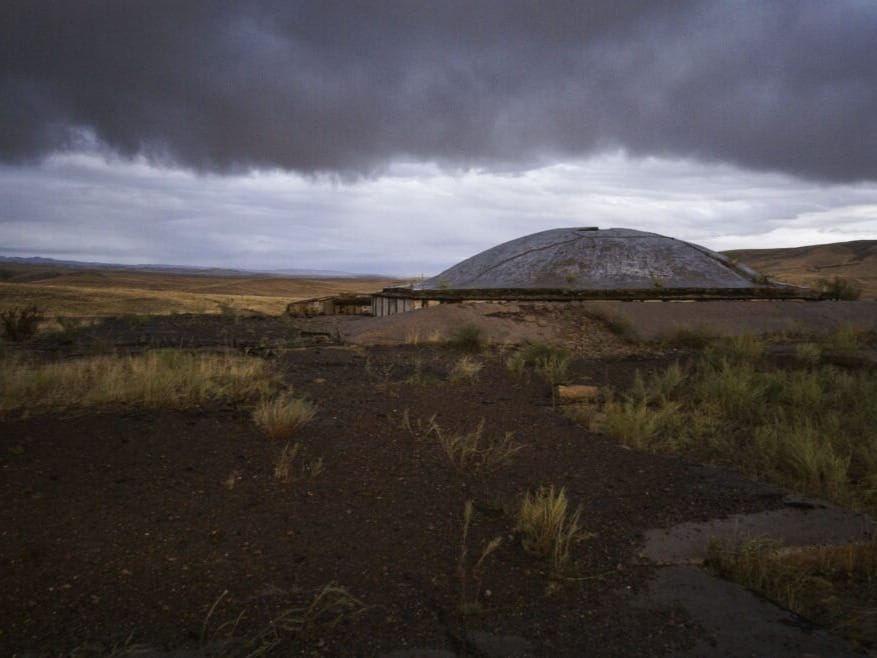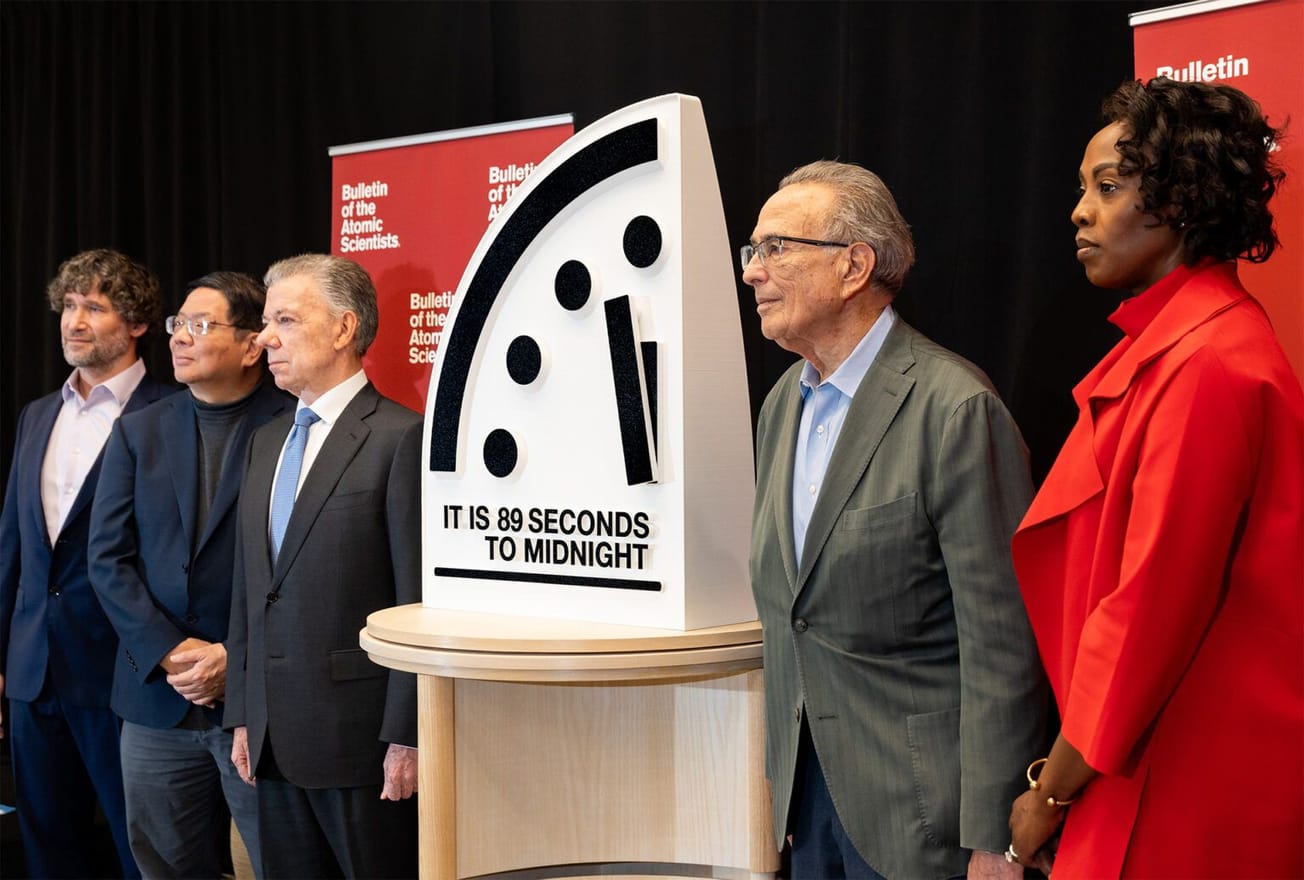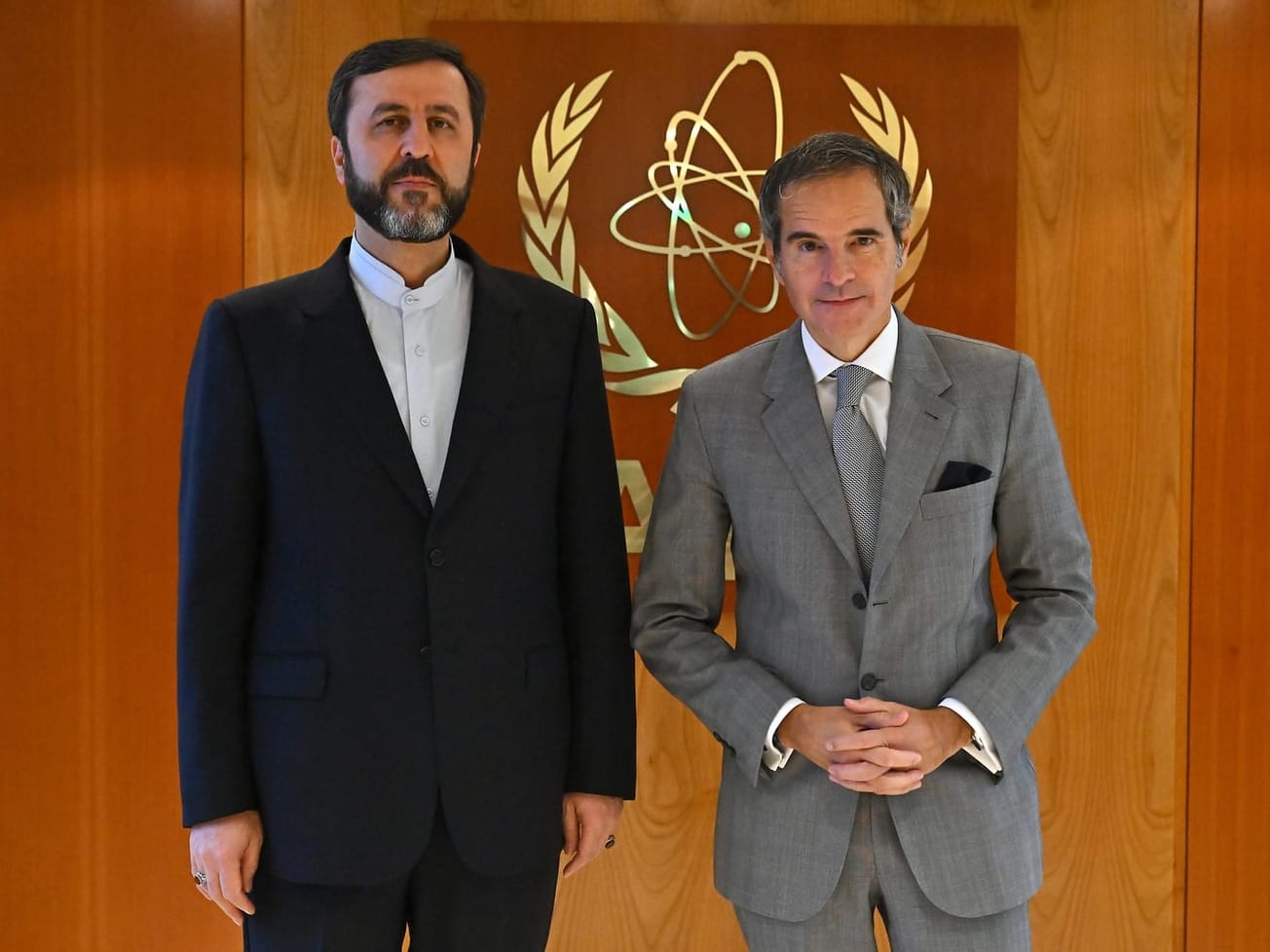WASHINGTON (AN) — Arms control experts called on U.S. President Donald Trump to keep the United States in a Cold War-era treaty that has led to the destruction of almost 2,700 missiles and their launchers.
One of the experts' letters to Trump — signed by a bipartisan group of 14 current and former U.S. political and military leaders — urged him to reverse his plans to withdraw the United States from the 1987 Intermediate-Range Nuclear Forces Treaty with Russia.









